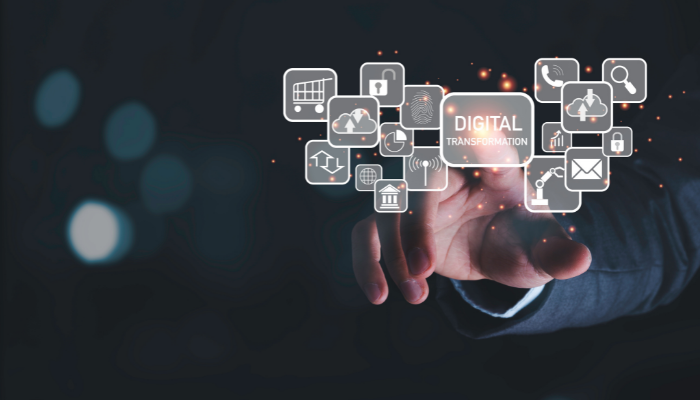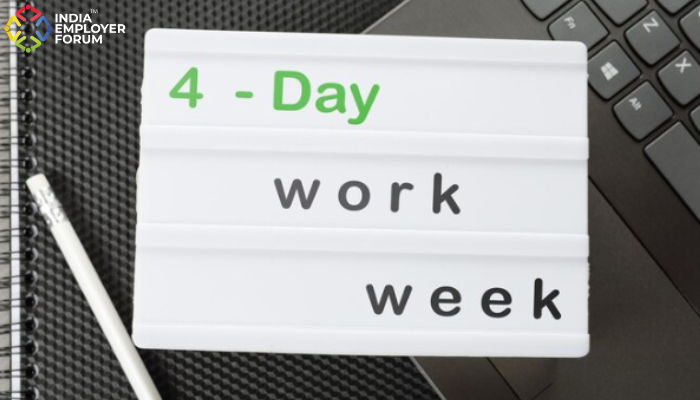The future of work is an evolving goal post. Lay persons and industry experts alike don’t know for sure what it’s going to be. Yet, they’re obliged to prepare for and equip for the future of work. An easy conclusion would be to say technology is going to rule all workplaces of the future, with words like Machine Learning or Artificial Intelligence thrown in for good measure.
The truth of the matter, specifically in the last 12-15 months has been that employees have been spending more time flexing delicate muscles over digital pointing devices, weary eyes trained on screens hour after hour in the name of work. The break from this routine, when an office space breaks away into a commute followed by a mentally distant home life, is now taken from them. More and more companies work from home to bring business activity back to pre-pandemic levels even as social distancing norms continue to matter. This means the blurred lines between work life and home continue to blur, and fatigue from technology reigns supreme. In the so-called “after hours” employees are obligated to stay hooked to their phones, attend to urgent calls, feedback sessions, or “catch-ups” that are again conducted online. The digital fatigue, in a very real way, reaches even those who have successfully compartmentalized work and private life despite the blurring. There are ways for the very same tech to make the future of work less tech-reliant.
You might also be interested to read: The Future Of Work Is Here And Now: It’s Hybrid
Surely, this does not mean moving the future of work back by several decades to printed memos and literal round-table conferences. In this day and age, the information age also allows for consolidation through HR Technology if employers are up for making a few big-ticket investments and associated tough decisions in the interest of employee wellness.
Employers at all kinds of outfits are experiencing this shift, and even the HR personnel themselves are no exemption to the shift towards, indeed the complete takeover, of digital transformation. The pressure ultimately reflects on HR personnel, who have to maintain databases, reports, and keep the insightful, employee-friendly decisions coming through policies, benefits packages, and perquisites. All this means collecting, collating, and working with data cycle after cycle. For instance, Performance Management Systems cover the data collected over a quarter or some defined period. One manager or multiple supervisors may be involved in giving ratings – all of which reach HR for final approvals and roll-out.
In addition to showing up for key decisions and data reconciliation for strategic planning, HR personnel also have to conduct talent management activities, L&D initiatives, and straight-up employee engagement touchpoints successfully to keep tabs on the states of mind and motivation of the staff. All of the core HR functions ranging from Payroll to Human Resource Information Systems, from Workforce Management to Employee Communication which are boosted by HR Technology. There are 70 to 100 different HR technology applications up for grabs. The tech behind the actions taken and decisions made often carries off the honors, making it a no-brainer for such technology to keep on being used.
Reference: Future of Work Tech May Mean Less Tech|Toolbox.com|Jeff Gelinas|March 24th, 2021
You might also be interested to read:




